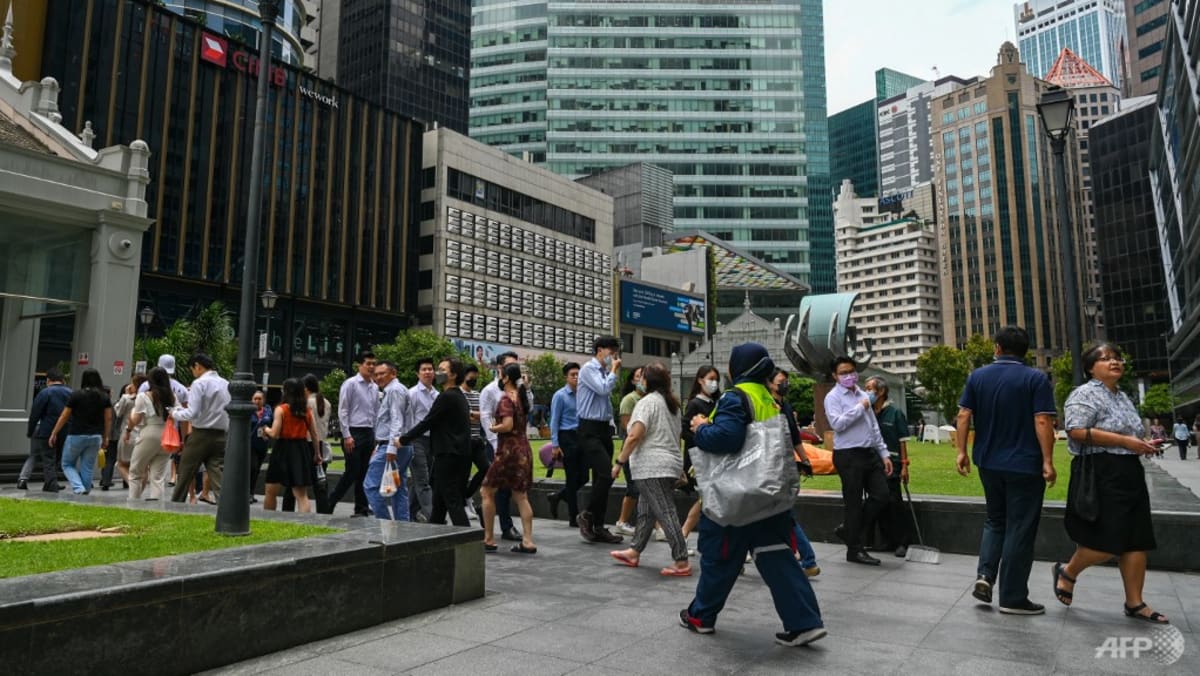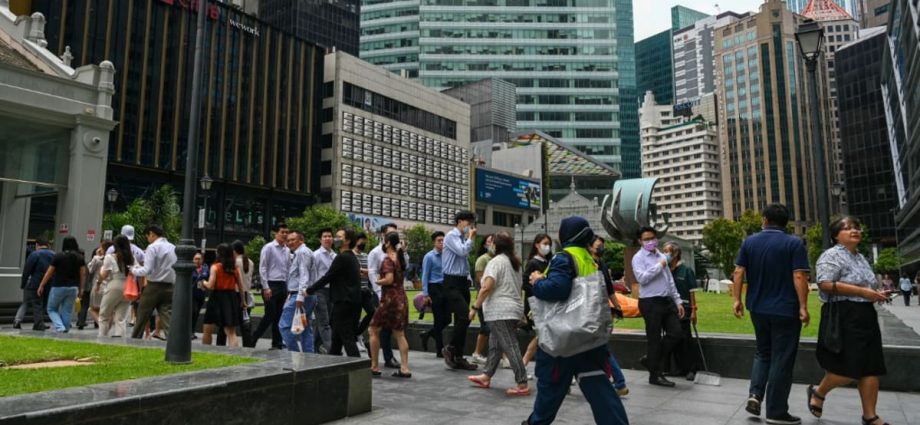
“HANDS-ON” AND “HEART” WORK
Mr Wong also promised to strengthen “multiple pathways of progression” to help people with different strengths and talents flourish.
“Our school system is becoming more diverse and flexible,” he said.
“We have been taking steps over the years to blunt the effects of streaming and allow for more fluidity in our system.”
Streaming will be phased out completely by 2024, to be replaced by full subject-based banding, which lets secondary school students pursue subjects at different levels, based on their interests and aptitude.
Beyond that, broader change is required in the economy, which still places too much of a premium on cognitive abilities or “head” work, he said.
And there is not sufficient value placed on other forms of work, such as technical roles which tend to be more “hands-on” work, or service and community care roles which tend to be more “heart” work.
This can be seen in the growing divergence between the starting pay for ITE, polytechnic and university graduates, said Mr Wong.
To tackle this, Singapore has tightened foreign worker quotas and increased their salary thresholds over the last decade, while raising the wages of lower-wage workers through the Progressive Wage Model.
The Government is also investing more to raise the quality of vocational instruction in Institutes of Higher Learning.
“Beyond these moves, we must do more to recognise the value of ‘hands’ or ‘heart’ work across the economy,” he said.
There is a need to look at ways to re-design jobs and raise productivity in such sectors; upgrade skills, and establish better career progression for workers, and for businesses to pay their workers well.
“All of us as Singaporeans must do our part too, and be willing to pay more, and bear the higher cost of goods and services delivered by our fellow workers in these different sectors and occupations,” he said.
“For many people, wages are just one part of this debate – respect and dignity matter equally, if not more.”
Mr Wong urged Singaporeans to “move away from preconceptions that academic success should be prized above all others”.
“Instead, we must respect those who labour with their hands and hearts, and confer upon them the same status as other paths. We must also give them opportunities to advance in their respective fields, and not pigeonhole them into specific tasks, or hold them back unfairly.”
This will require a fundamental mindset shift in society – by employers, and by society, he said.
“Some of these shifts will not be easy to attain. But if we work together, I am confident that we can expand the possibilities for fulfilment and success for every generation of Singaporeans,” said Mr Wong.
“This is the great task of nation-building that falls upon our shoulders. And this is the Singapore that I hope to see in my lifetime.”

